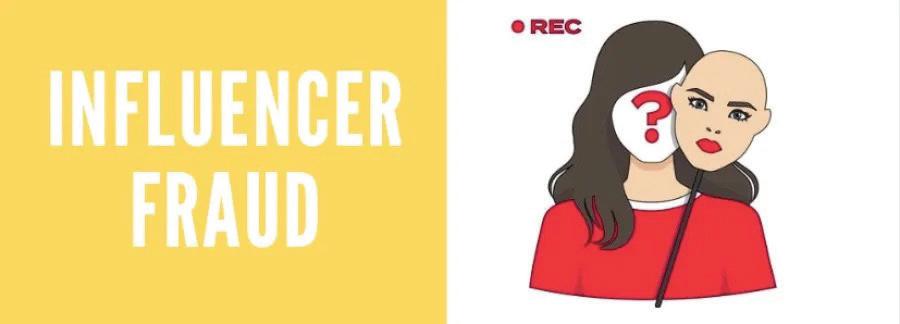
2 minute read
What is ‘influencer fraud’ and how to avoid it with social media marketing
LATELY, you may have noticed that Youth Perspectives had mentioned some new and peculiar concepts. It’s mainly because this writer has been thoroughly reading and trying her utmost best to keep up with the times, even though it can be challenging. I’ve heard of voter’s fraud, mailing fraud, insurance fraud, tax fraud but I’ve only recently come across the concept of “influencer fraud”. No, I did not come up with the term by myself and yes, I was just as surprised as you are to learn that it’s a term already being used in popular blogs and articles. Before discussing this topic, who exactly is an influencer and why is half of my newsfeed labelling themselves as one?

Advertisement
Sprout Social described an influencer as being “someone in a niche or industry with sway over a specific target audience. Influencers have specialised knowledge, authority or insight into a specific subject. Their pre-existing presence in a niche makes them a useful launching pad for brands in search of credibility.” With that said, I’m not sure everyone I come across with the label fits it from my social media feed, but that’s a story we’ll discuss in another column piece.
The era of social media “influencers “ is not over and I’m not sure if it will be anytime soon. Some people have been organically and strategically working towards their reach while trying to improve their content creation. With that in mind, there have been people who aren’t probably as patient, so they want to find easier means and ways of getting ahead. Certain brands and businesses are specific with what they expect and look for in an influencer. With so many people now turning their personal pages into a creator or business page, the market for influencers isn’t only limited to the
2016 bunch of makeup artists like Jeffree Star or NikkieTutorials. It has extended beyond the beauty community to almost every field you can think of. No wonder people are “defrauding” the said system, especially if there’s money to make out of it.
“Influencer fraud” can occur when an “influencer” purchases fake followers while claiming their followers are all real people. Influencer fraud can be easily spotted sometimes if the person has a huge amount of followers but very low engagement on their posts. Or, if they have lots of likes but only a few comments and who are those said comments by? Recently created accounts with no profile picture? If an influencer’s following grows at an incredibly fast rate then there’s a chance that they might be “buying” their followers as well. These said “bought followers” or likes aren’t actual people but instead robots/bots activated accounts which goes against most social media policies. Companies and brands often pay “influencers” to promote their goods and services with the understanding that said influencers’ followers would see their product and either purchase it or recognise it. How can companies pay you to promote their products if 80 per cent of your followers aren’t even real human beings?
Up to 20 per cent of mid-level influencers are likely fraudulent, with about 50,000 to 100,000 followers, up to 50 per cent of engagement levels on sponsored content is fake, 50 per cent of marketers stated that spotting fake










